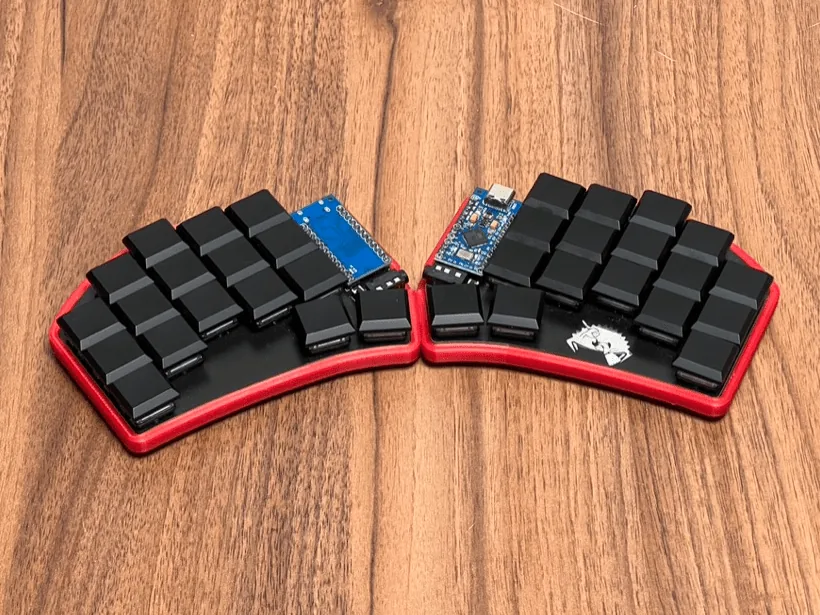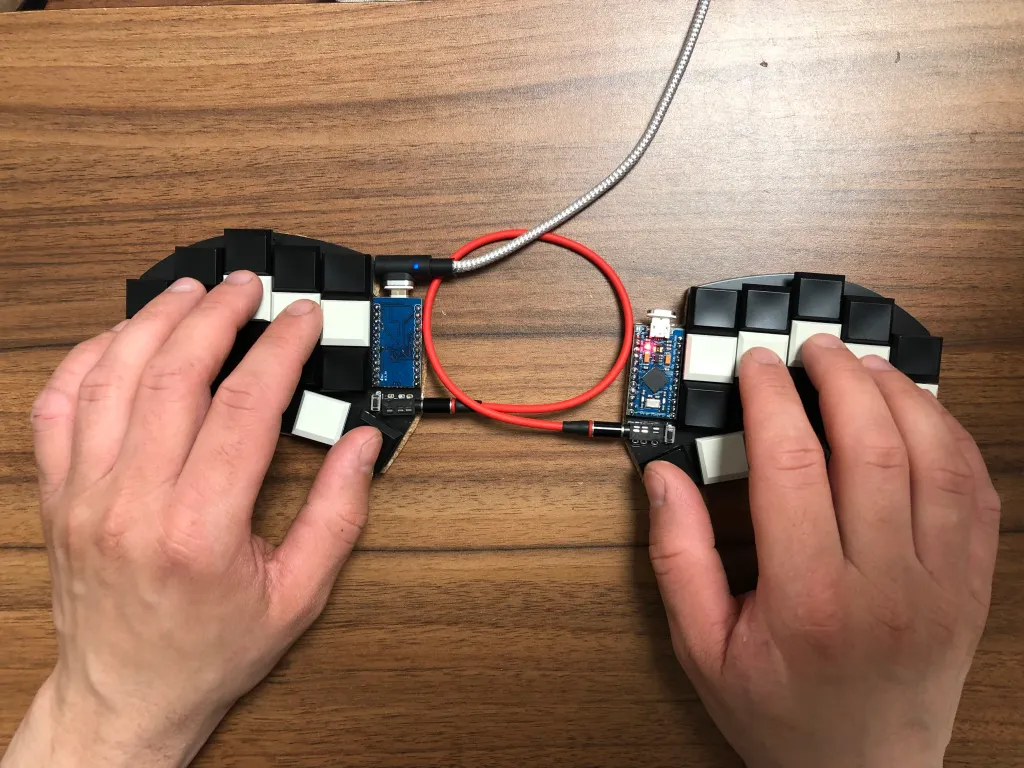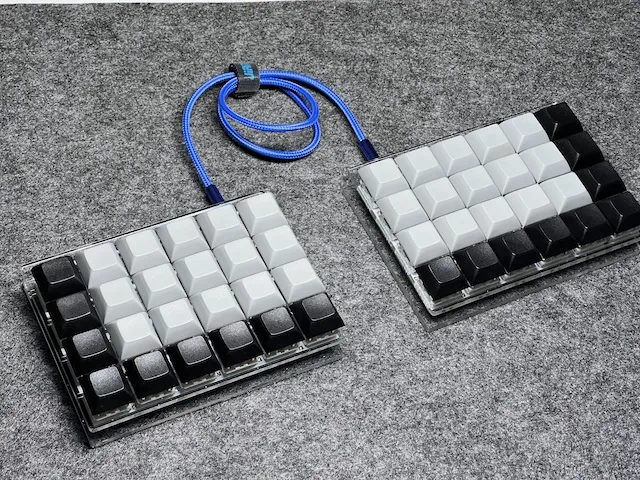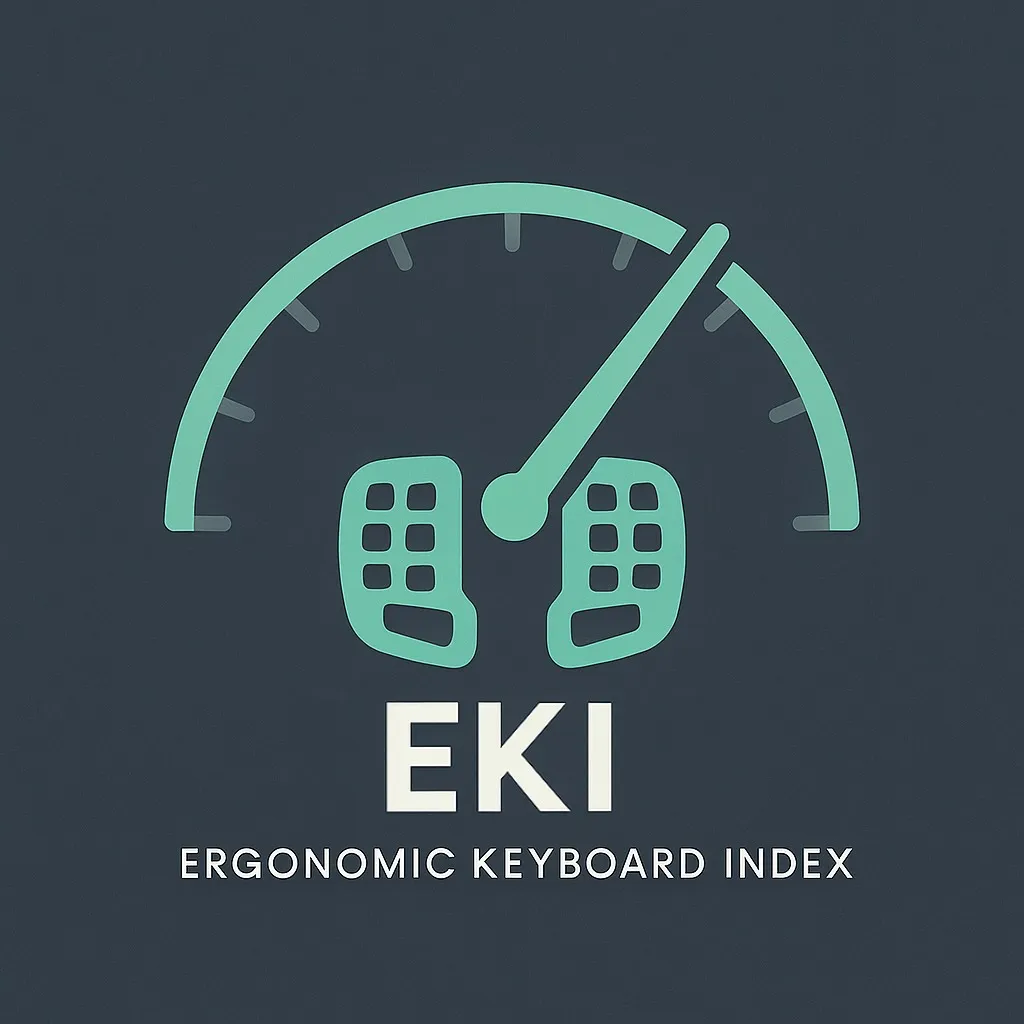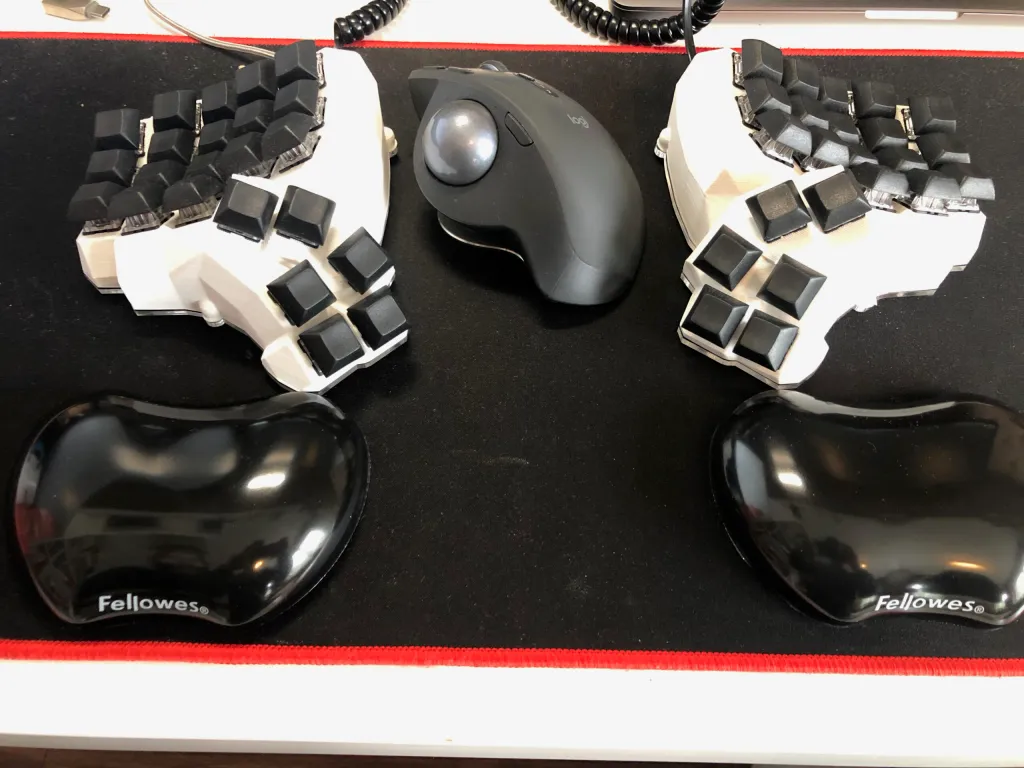ErgoType.pro – Craft Your Perfect Typing Experience
ErgoType.pro helps you craft a comfortable, efficient typing experience through ergonomic keyboards, insights, DIY builds, and layout mastery.
Why Ergonomic Keyboards Matter
Typing is something we do for hours every day, but most keyboards were never designed with our bodies in mind. Pain, fatigue, and discomfort are common side effects of traditional layouts. Over time, this can lead to serious health issues like RSI (Repetitive Strain Injury).
At ErgoType.pro, I believe typing should feel natural, healthy, and efficient. An ergonomic keyboard is not just a gadget - it’s a tool that protects your health while enhancing your creativity and productivity.
What You’ll Find Here
Whether you’re a beginner exploring ergonomic options or a DIY enthusiast ready to build your dream keyboard, this blog gives you:
- Reviews of the best ergonomic keyboards and components
- DIY guides to build, customize, and tweak your own keyboards
- Layout tips for Colemak, Dvorak, and other efficient alternatives
- Ergonomics advice on posture, setup, and long-term typing health
How to Start Your Journey
- Explore ergonomic keyboard reviews – find the right fit for your needs
- Try a DIY build – step-by-step guides to create your own custom keyboard
- Experiment with layouts – discover how small changes boost efficiency
- Improve your ergonomics – setup tips to reduce strain and type comfortably
The Result
With the right keyboard and habits, you’ll:
- Type with less pain and fatigue
- Enjoy a more efficient, personalized typing experience
- Focus on your work—not your discomfort
- Turn typing into a skill and a craft you can be proud of
Stay in the Loop — Join the ErgoType Community
Want to get the latest ergonomic keyboard tips, DIY build guides, and layout insights straight to your inbox?
Subscribe below - just enter your email and hit “Subscribe”. I promise no spam, just value.
By subscribing, you’ll receive:
- Practical tips & tricks that don’t make it into full blog posts
- Notifications about new posts so you never miss fresh content
- Early access to new DIY guides and keyboard projects
- Updates on new guides, reviews, and ergonomic keyboard projects
- Extra ergonomic insights to make your typing healthier and more fun
You can unsubscribe anytime — privacy respected.
Watch on YouTube — @ergotypepro
Prefer video? I share keyboard reviews, build logs, layout walkthroughs, and ergonomics tips on YouTube.
👉 Subscribe here: @ergotypepro
You’ll find concise breakdowns of topics from the blog, plus visual demos that are easier to follow than text alone.
Final Thoughts
Typing shouldn’t hurt. It should empower you.
ErgoType.pro is here to guide you toward better ergonomics, smarter layouts, and DIY builds that make typing enjoyable again.
